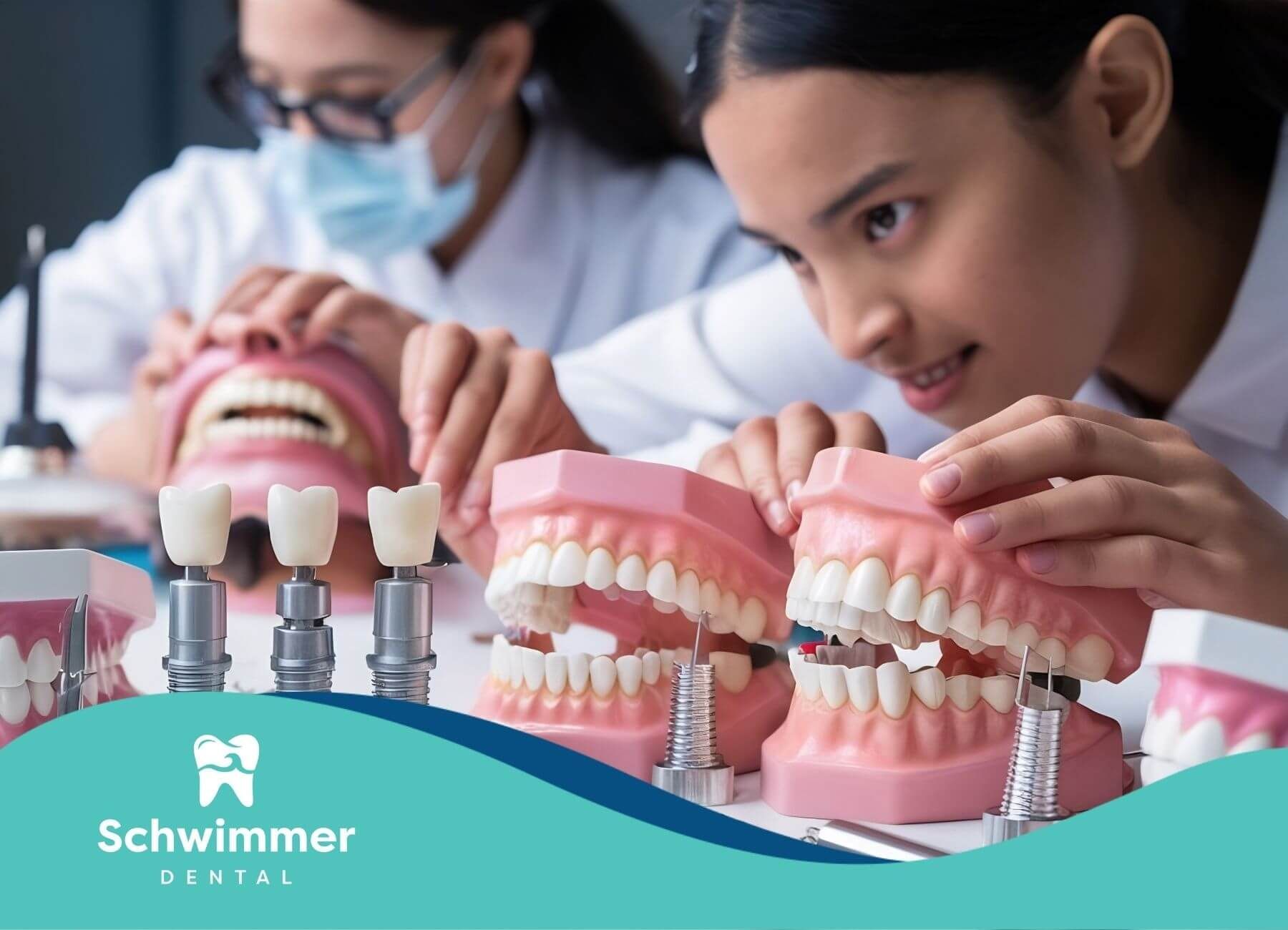The Real Deal: Is Veneer Treatment Right for You? Here’s Who Should Avoid It
Veneers can be a great solution for those looking to enhance their smile, but they aren’t for everyone.
If you’ve been considering porcelain veneers, it's important to know when they might not be the best option. Here’s a quick rundown of who shouldn’t get veneers.
People with Unhealthy Teeth or Gums
Before considering veneers, it’s essential that your teeth and gums are in good health. If you suffer from gum disease, tooth decay, or cavities, getting veneers could worsen these problems.
Veneers require a small amount of enamel to be removed, so any existing dental issues should be treated first to ensure the long-term success of the veneers.
Those with Severe Bruxism
If you grind your teeth regularly (a condition known as bruxism), veneers may not be the best option. Constant grinding can wear down and damage the veneers, leading to cracks or premature wear.
In such cases, your dentist might recommend addressing bruxism before proceeding with veneers, or exploring alternative treatments like dental crowns.
If you’re unsure whether veneers are right for you, it’s always best to consult with an experienced dentist.
At Schwimmer Dental in New Jersey, our team specializes in cosmetic dentistry and provides a range of treatments, including porcelain veneers, dental implants, and emergency dental services. Let us help you achieve the perfect smile!



